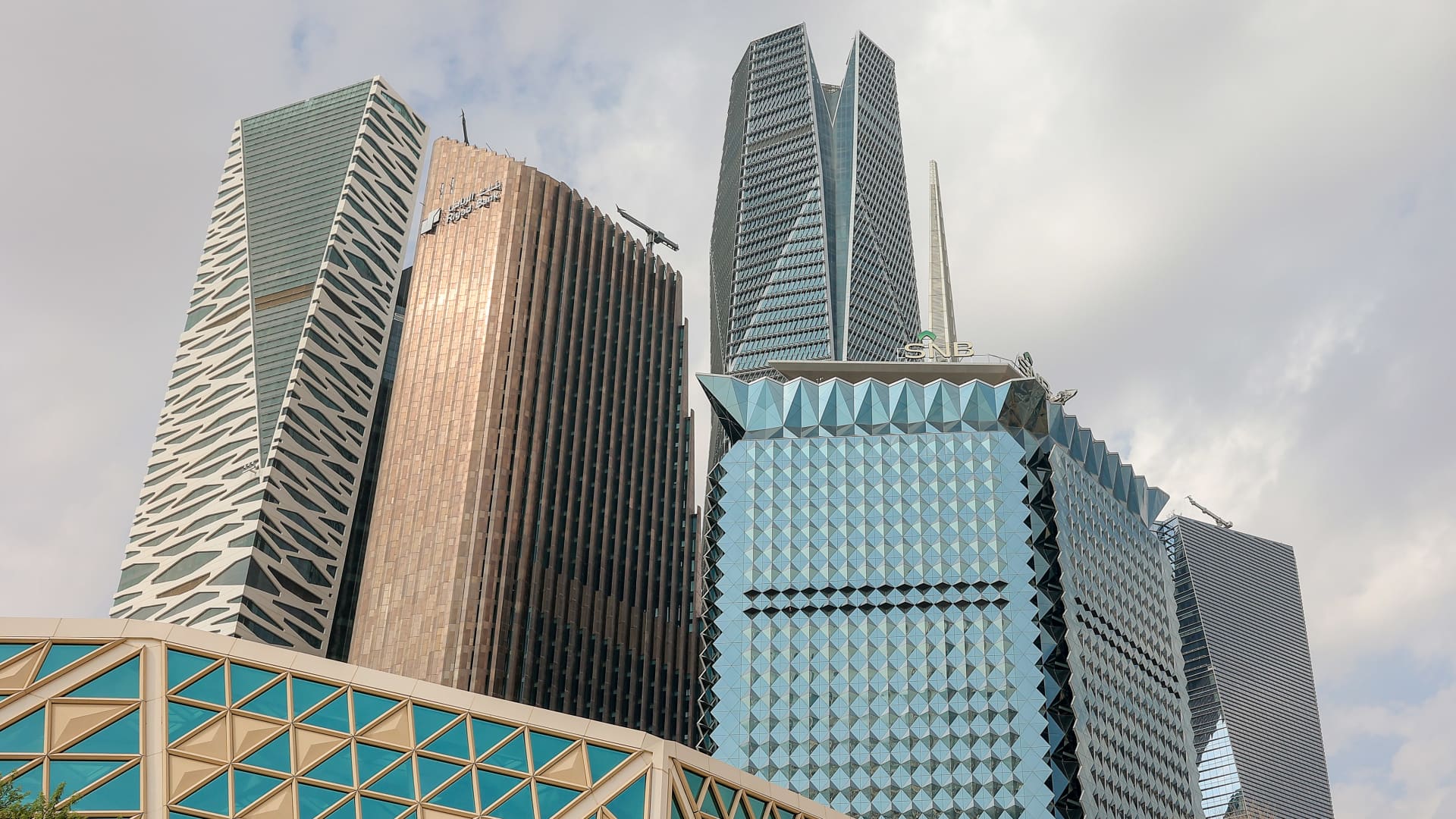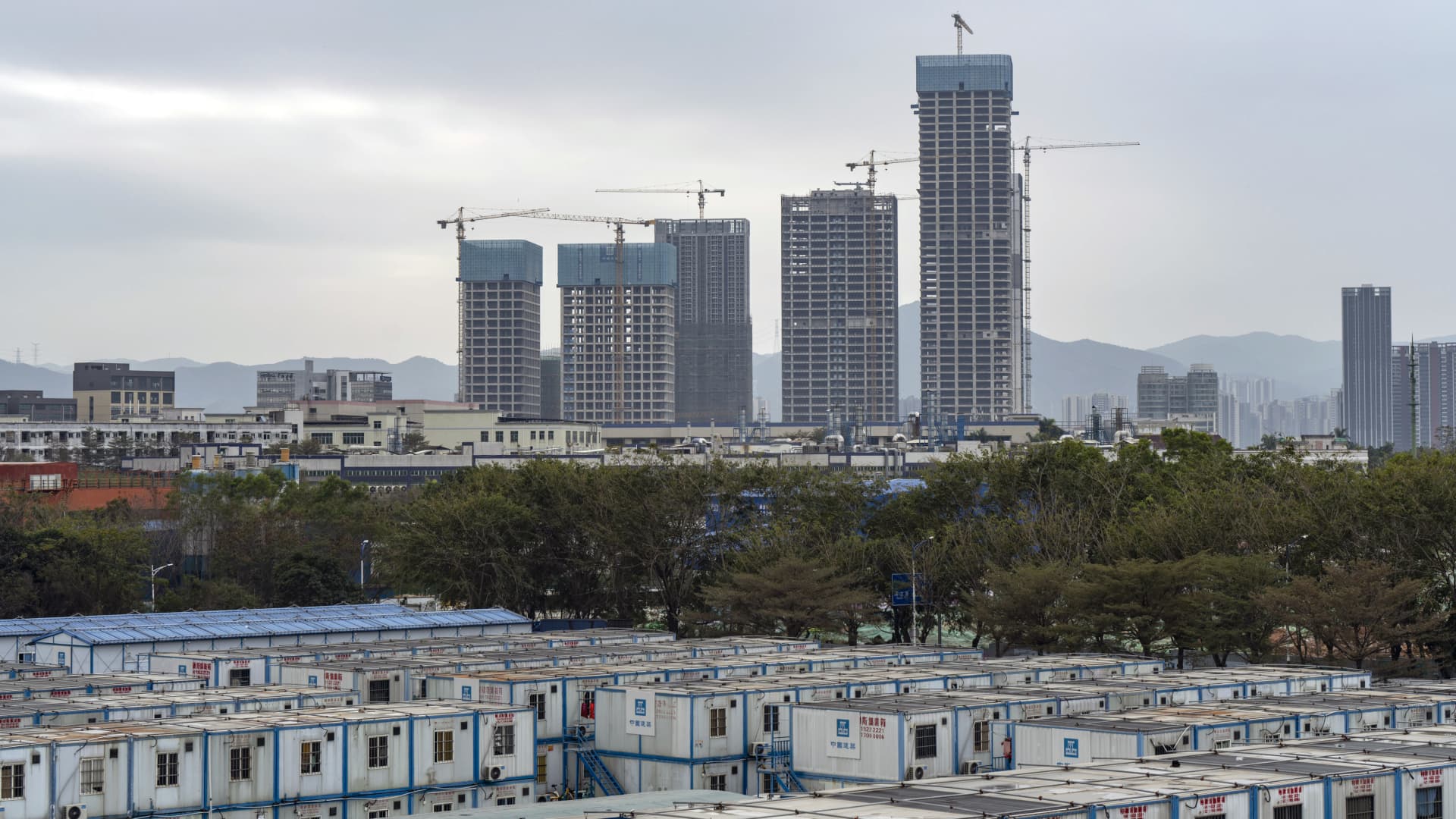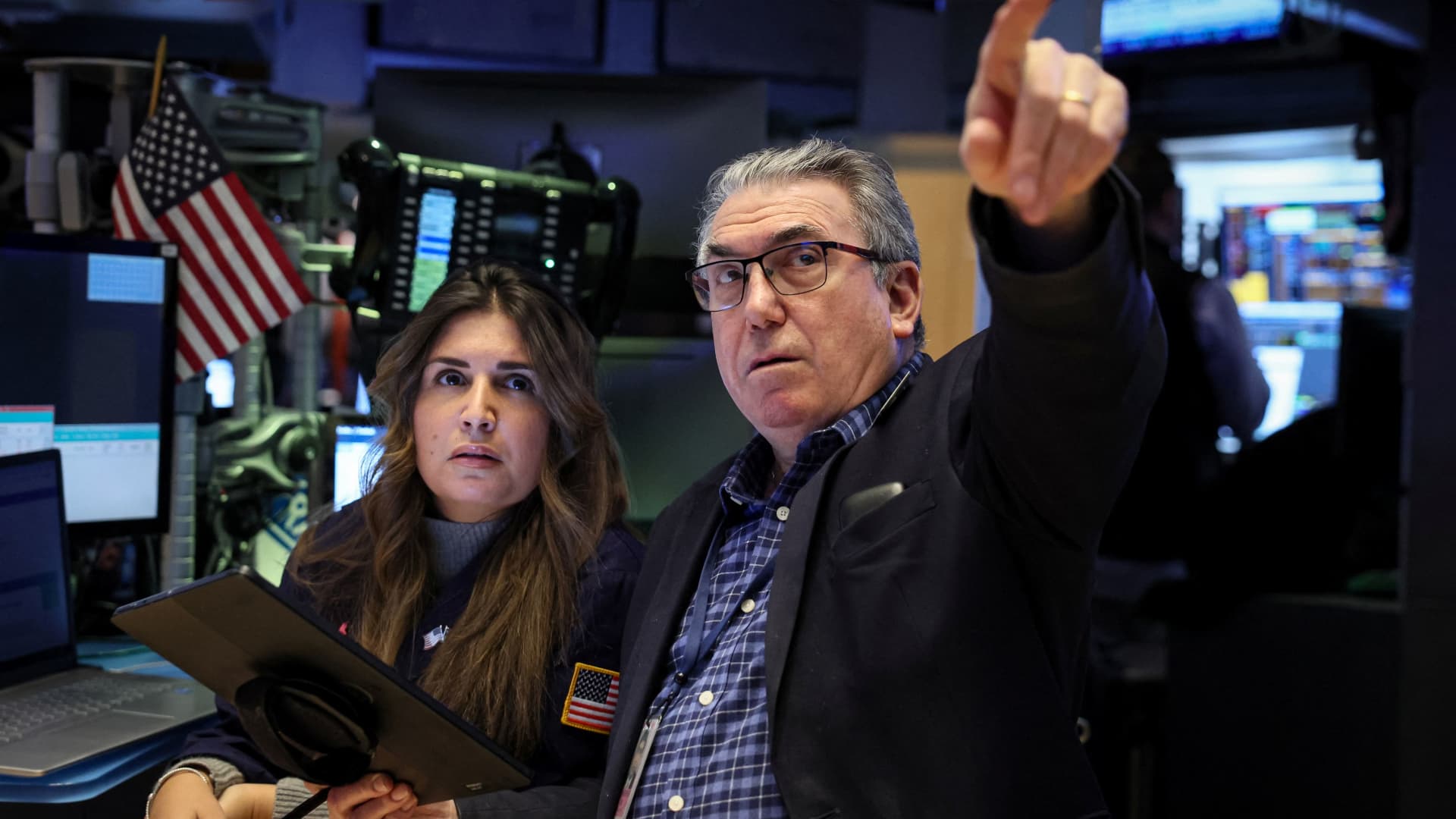Saudi Arabia Maintains Ultimatum for Foreign Companies to Establish Regional HQs in the Kingdom
By Pierre Herubel
In a surprising move back in February 2021, the Saudi government announced that international companies would need to establish their regional headquarters in Saudi Arabia by January 1, 2024, or risk losing lucrative government contracts. This bold ultimatum has startled investors and expatriate workers, who perceive it as a direct challenge to Dubai, the commercial capital of the United Arab Emirates.
Faisal Al Ibrahim, the Saudi Minister of Economy and Planning, confirmed in an interview with CNBC that the plan is still in motion. He emphasized that there are numerous incentives and benefits being discussed with foreign companies to support their transition to the kingdom. Al Ibrahim also highlighted the positive aspects of the move, stating that it is not just about negative reinforcement, but also about offering positive reinforcement and support.
This ultimatum is part of Saudi Arabia’s Vision 2030 initiative, which aims to diversify the economy and create private sector jobs. The country, with over 60% of its population under the age of 30, seeks to attract foreign talent to fuel its economic growth. Initially met with skepticism, the kingdom is now witnessing increased interest and investment as more companies recognize the potential of its large and untapped market.
“We’re seeing a lot of momentum,” said Al Ibrahim. “We prioritize companies that bring value creation to where it is consumed, create high-quality jobs, and help us achieve our quality outcomes. We are receiving daily applications, and the responses from companies have been meaningful and positive.”
The push for regional headquarters in Saudi Arabia reflects the country’s determination to retain its value within its borders. Previously, much of the economic value was lost to other economies, but now the government aims to bring value creation to where it is consumed, benefiting the Saudi population and boosting the local economy.
In the long term, this policy is expected to have a positive trickle-down effect on companies and economies surrounding Saudi Arabia. It allows companies to get closer to their target markets, leverage the young Saudi talent pool, and enhance competitiveness in other regions.
Despite the World Bank’s forecast of a 0.9% economic contraction in 2023 due to lower oil production and prices, the International Monetary Fund notes strong non-oil growth in Saudi Arabia. The IMF predicts that this growth, which has been accelerating since 2021 and averaging 4.8% in 2022, will continue to be close to 5% in 2023, driven by robust domestic demand.
As the deadline for establishing regional headquarters approaches, the world will be watching to see how this controversial move by Saudi Arabia shapes the business landscape in the region and the future of its economy.

I have over 10 years of experience in the cryptocurrency industry and I have been on the list of the top authors on LinkedIn for the past 5 years. I have a wealth of knowledge to share with my readers, and my goal is to help them navigate the ever-changing world of cryptocurrencies.











